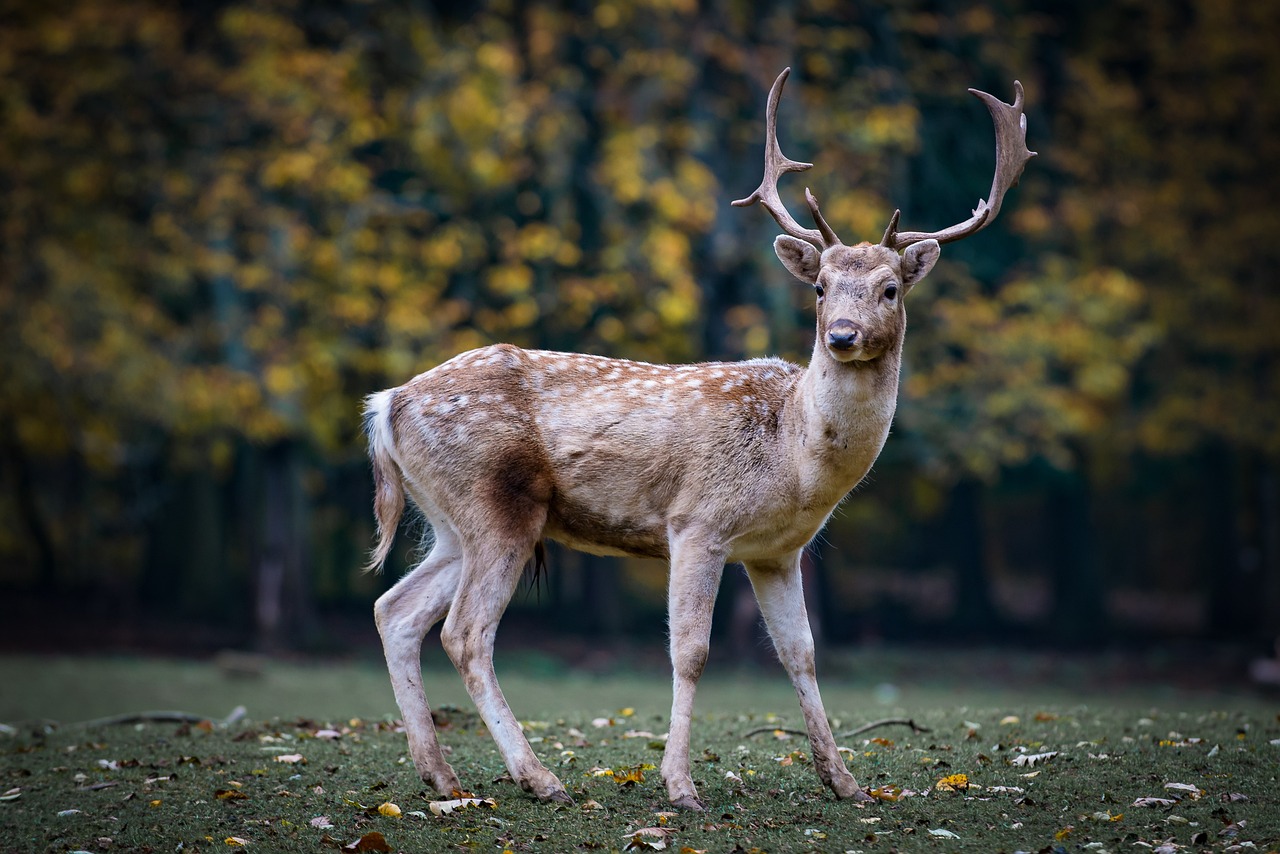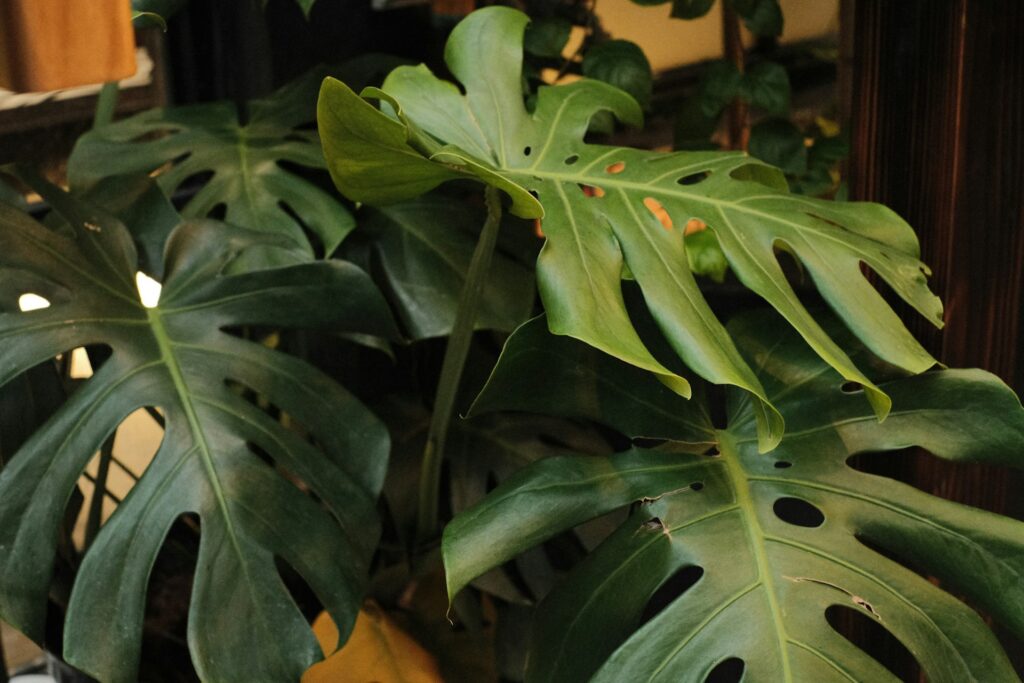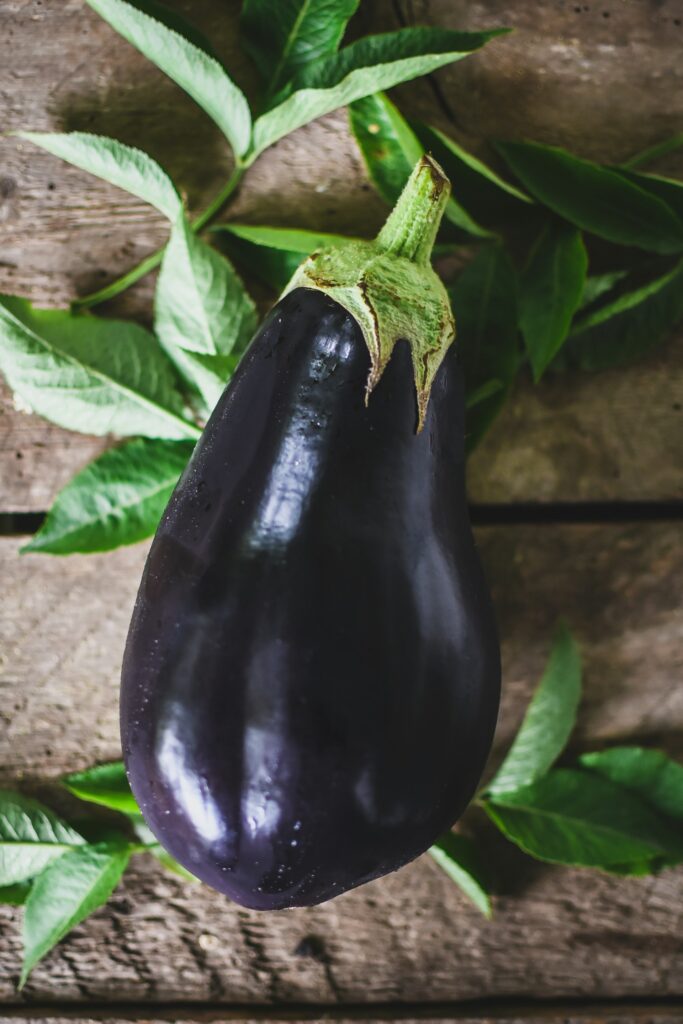
Are you curious about what deer eat and whether they can include oranges in their diet? This article dives into the fascinating world of deer dietary habits and explores the likelihood of these creatures feasting on citrus fruits. Discover why understanding the diet of deer is not only interesting but also essential for those living near deer habitats or looking to maintain a balanced ecosystem.
Do Deer Eat Oranges as Part of Their Natural Diet?
Deer are herbivores, which means their diet consists primarily of plant material. While they typically graze on grasses, twigs, and leaves, the question arises: do deer eat oranges? The answer is yes, deer can eat oranges, but these citrus fruits are not a staple in their diet. Oranges may serve as a supplemental food source for deer, especially when their natural food sources are scarce.
Deer’s Dietary Preferences and Citrus Fruits
Deer are known to have a diverse diet that varies depending on factors such as season and availability of food. Citrus fruits like oranges are not a preferred food source for deer, but they may nibble on them if they come across the fruit. Oranges can provide essential nutrients that might be lacking in a deer’s natural diet during certain times of the year.
The Impact of Oranges on Deer’s Health
Feeding oranges to deer might seem like a kind gesture, but it’s important to consider the potential health implications. While deer can eat oranges, these fruits should be offered in moderation to avoid leading to digestive issues. Overconsumption of non-native foods like oranges can disrupt a deer’s natural feeding patterns and may not meet their nutritional needs adequately.
Can Deer Eat Oranges from Your Orange Tree?
If you have an orange tree in your garden, you might wonder if it will attract deer. Deer are herbivorous animals and primarily feed on vegetation, so it is possible for them to be drawn to your citrus trees. However, oranges are not a typical part of a deer’s diet, and they may only resort to eating them under certain conditions.
Protecting Your Orange Tree from Deer
To prevent deer from nibbling on the lower branches of your fruit trees, there are several pest control strategies you can employ. Fencing around your orange tree can deter deer, as can the use of repellents. It’s also beneficial to plant deer-resistant shrubs nearby to discourage deer from
approaching your citrus trees.
Observing Deer Behavior Around Citrus Trees
If you live in areas where deer roam, you might have seen deer near fruit trees. Observing their behavior can provide insights into their feeding habits. Deer may show interest in an orange tree, especially in winter months when their usual food sources are limited. However, oranges are not a natural part of deer’s diet, and they typically prefer more familiar vegetation.
Will Feeding Oranges to Deer Help Them in Winter?
During the winter, natural food sources for deer, such as grass and acorns, become scarce. Some may think that feeding oranges to deer can help them survive the harsh conditions. But is this the right approach?
The Role of Supplemental Feeding in Winter
Supplemental feeding can provide deer with a temporary source of nutrition, but it should be done with caution. Experts or authorities on local wildlife recommend that supplemental food should complement, not replace, a deer’s natural diet. Feeding deer oranges in winter might help them in the short term, but it could also lead to health problems if not managed properly.
Balancing Deer’s Diet with Natural Food Sources
It’s essential to ensure that deer continue to forage for their natural food sources even during the winter months. Overreliance on supplemental feeding, including oranges, can disrupt their natural feeding patterns. Providing deer with a variety of food options, including natural vegetation, is key to helping them maintain a balanced diet.
Do Deer Prefer Oranges Over Other Fruits?
When it comes to a deer’s preference, do they particularly like oranges, or are there other fruits they would choose instead?
Deer’s Attraction to Different Types of Fruit
While deer will eat fruits like apples and berries, their reaction to oranges can be less predictable. Oranges are not a preferred food for deer, but in the absence of their usual foods, they may eat them. Deer like the sweetness of fruits, which can provide a quick energy boost through sugar content.
Nutritional Value of Oranges for Deer
Oranges can be nutritious for deer, offering vitamins and a good source of hydration. However, oranges should not be the primary food source for deer, as their diet needs to be more varied to provide all the necessary nutrients for their health.
How Often Can Deer Eat Oranges Without Harm?
Understanding the appropriate frequency of feeding oranges to deer is crucial for their well-being.
Moderation is Key in Feeding Deer Oranges
Moderation is the cornerstone of introducing oranges or any other non-native foods into a deer’s diet. While deer can eat oranges, the amounts of oranges they consume should be limited. Feeding deer oranges 1-2 times a week in small quantities is unlikely to cause harm, but it should not become a regular part of their diet.
Potential Risks of Frequent Citrus Consumption
Frequent consumption of citrus fruits by deer may lead to digestive issues since their stomachs are not adapted to process large amounts of citrus. It’s also important to consider that a high intake of oranges can alter blood sugar levels in deer, which could have unintended health consequences.
What Other Foods Can You Safely Feed Deer?
If you’re interested in feeding local wildlife, it’s important to know what other foods are safe and beneficial for deer.
Suitable Options for Supplemental Feeding
Suitable options for supplemental feeding include natural vegetation and plant material that deer typically eat, such as woody plants, twigs, and leaves. You can also feed deer sunflower seeds, which are nutritious and easy for them to digest.
Foods to Avoid When Feeding Deer
It’s crucial to avoid feeding deer processed human foods, foods high in sugar, or any other items that could disrupt their natural diet. Stick to foods that mimic their natural food sources to prevent any adverse health effects.
Can Oranges Be Used as a Deer Attractant?
For those looking to attract deer to their property, the use of oranges might come to mind. But are oranges effective in luring deer?
Using Fruit to Attract Deer
Fruit can be used to attract deer, as they are drawn to the sweet smell and taste. However, oranges are not the most effective attractant compared to other fruits like apples, which deer especially like. If your goal is to attract deer, planting a variety of fruit trees and ensuring a mix of natural food sources will be more successful.
Considerations for Attracting Deer with Food
Attracting deer with food, including oranges, should be done responsibly. It’s essential to avoid creating a situation where deer become dependent on human-provided food. Attracting deer also means considering the impact on your garden and the potential for deer to damage other plants.
Understanding Deer Eating Habits and the Role of Citrus
To fully comprehend whether deer will eat oranges, it’s necessary to look at their overall eating habits and how
citrus fits into their dietary patterns.
Natural Feeding Patterns of Deer
Deer are herbivorous animals and primarily forage on a variety of plant material. Their diet typically includes grass, leaves, twigs, buds, acorns, and berries. These food sources provide the nutrition deer need to thrive in the wild. Understanding these natural feeding patterns is crucial when considering introducing oranges or any other supplemental food to their diet.
Availability of Food and Deer’s Diet Choices
The availability of food greatly influences what deer eat. During times of abundance, deer have access to a wide range of natural food sources and are less likely to seek out non-native foods like oranges. However, during leaner months or in areas with limited vegetation, deer may be more inclined to eat whatever is available, including citrus fruits if they are accessible.
Expert Opinions on Feeding Oranges to Deer
What do wildlife experts or authorities say about feeding oranges to deer? Let’s delve into their recommendations.
Recommendations from Wildlife Experts
Wildlife experts generally advise against feeding deer human food, including oranges, as it can disrupt their natural diet and lead to health issues. They emphasize the importance of allowing deer to feed on their natural food sources to ensure they receive the right balance of nutrients.
The Role of Human Interaction in Deer Diets
Experts also caution against frequent human interaction with deer, including feeding, as it can alter their behavior and make them accustomed to human presence. This can lead to increased human-deer conflicts and potentially dangerous situations for both deer and humans.
Closing Thoughts: Balancing the Curiosity of Feeding Deer Oranges
In conclusion, while deer can eat oranges, it’s important to consider the broader context of their dietary needs and the potential impact of introducing non-native foods to their diet.
Key Points to Remember
- Deer are herbivores with a diet consisting mainly of natural vegetation.
- Oranges are not a natural part of a deer’s diet but can be eaten in moderation.
- Supplemental feeding, including oranges, should be done cautiously to avoid disrupting natural feeding patterns.
- Experts recommend against feeding deer human food and encourage allowing them to forage naturally.
- Attracting deer with food should be done responsibly, considering the potential impact on local ecosystems.
By understanding the nuances of a deer’s diet and the role that oranges can play, we can appreciate the delicate balance of nature and the importance of respecting wildlife dietary habits. Whether you’re a gardener, wildlife enthusiast, or simply curious about deer behavior, it’s clear that any interaction with wild animals should be approached with care and knowledge.



